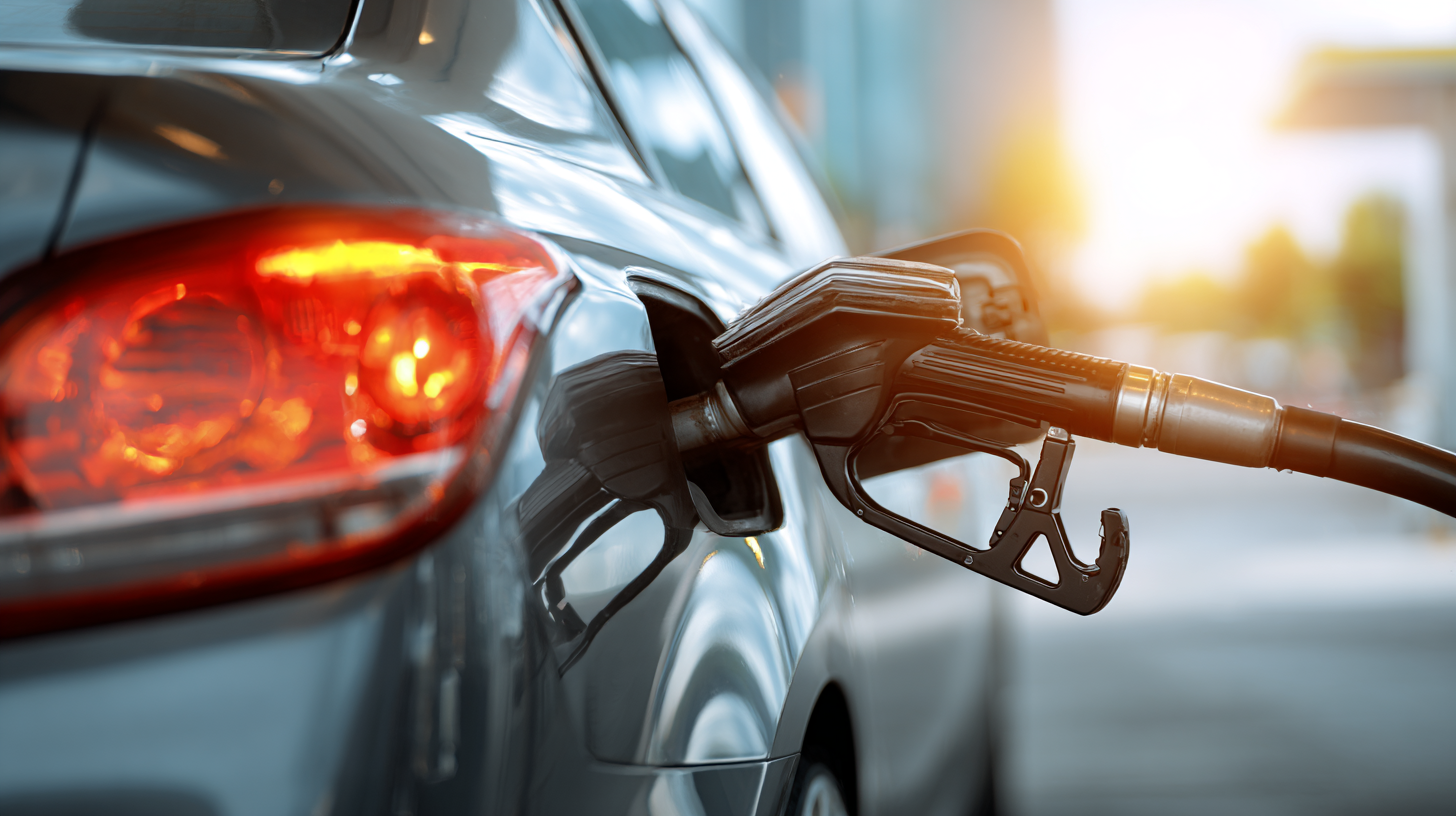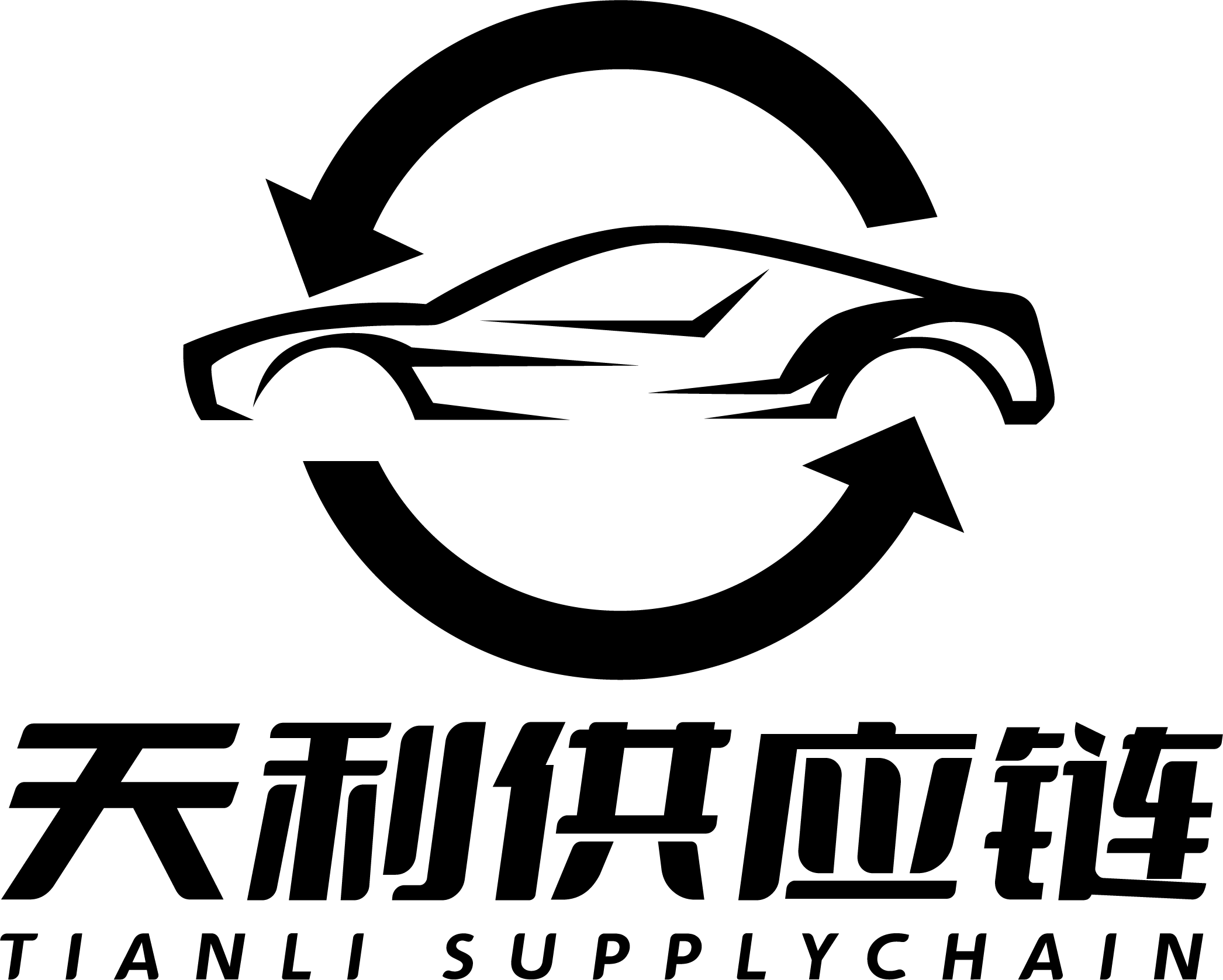The quest for improved fuel efficiency in auto cars is more crucial than ever, as rising fuel costs and environmental concerns drive both consumers and manufacturers toward sustainable solutions. According to a recent report from the International Energy Agency, transportation accounts for more than 23% of global CO2 emissions, emphasizing the importance of optimizing fuel consumption in auto cars. The U.S. Department of Energy notes that adopting fuel-efficient driving habits can enhance fuel economy by 10% to 15%. By leveraging insights from automotive experts and industry reports, this article delves into actionable strategies that drivers can implement to maximize their auto car's fuel efficiency. From regular maintenance to smart driving techniques, these expert tips will not only help to reduce costs but will also contribute to a greener planet.

In today's automotive landscape, fuel efficiency has become a critical metric for both consumers and manufacturers. As gasoline prices fluctuate and environmental concerns heighten, understanding the importance of fuel efficiency is vital. According to the U.S. Environmental Protection Agency (EPA), the average fuel economy of new vehicles sold in the U.S. has improved to approximately 25.4 miles per gallon (mpg) as of 2022, an increase of nearly 5 mpg since 2000. This improvement underscores the industry's effort to produce vehicles that not only offer better performance but also lower emissions.

Fuel efficiency is crucial not only for saving money at the pump but also for reducing carbon footprints. A report from the International Energy Agency (IEA) indicates that efficient vehicles could reduce global oil demand by over 20 million barrels per day by 2030. This shift not only benefits consumers economically but also contributes to the global battle against climate change. As automotive technology advances, consumers are increasingly aware of the implications of fuel efficiency, making it an essential aspect when considering a vehicle purchase. Prioritizing fuel economy ensures long-term savings and a more sustainable future for urban mobility.
Several factors influence your car's fuel consumption, and understanding them is key to optimizing efficiency. One significant aspect is the weight of your vehicle. Heavier cars require more energy to operate, thereby increasing fuel usage. Consider removing unnecessary items from your trunk or cargo area to lighten your load. Keeping your car well-maintained, including regular oil changes and air filter replacements, also plays a crucial role in enhancing fuel efficiency.
Driving habits are another critical element affecting fuel consumption. Aggressive driving, characterized by rapid acceleration and hard braking, can significantly diminish your fuel efficiency. Instead, adopt smoother driving techniques like gradual acceleration and deceleration, which help maintain a steady speed and reduce fuel waste.
Lastly, tire maintenance cannot be overlooked. Properly inflated tires lead to better fuel efficiency by reducing rolling resistance. Check your tire pressure regularly, and ensure alignment is correct to avoid uneven wear. Following these tips can help you optimize your vehicle's fuel consumption for better performance and savings at the pump.
 To enhance your car's fuel efficiency, regular maintenance is crucial. Ensuring that your engine is well-tuned can significantly impact its performance and fuel consumption. A poorly maintained engine can lead to excessive fuel usage due to inefficient combustion processes. Regularly replacing spark plugs and air filters can improve your vehicle's overall efficiency, allowing for better airflow and optimal combustion.
To enhance your car's fuel efficiency, regular maintenance is crucial. Ensuring that your engine is well-tuned can significantly impact its performance and fuel consumption. A poorly maintained engine can lead to excessive fuel usage due to inefficient combustion processes. Regularly replacing spark plugs and air filters can improve your vehicle's overall efficiency, allowing for better airflow and optimal combustion.
Another essential maintenance tip is to keep your tires properly inflated. Under-inflated tires increase rolling resistance, causing the engine to work harder and consume more fuel. Check your tire pressure regularly and ensure they meet the manufacturer’s specifications. Additionally, rotating your tires based on the recommended schedule can promote even wear and prolong their lifespan, ultimately supporting better fuel efficiency. By adhering to these maintenance practices, drivers can maximize their car’s performance while minimizing fuel costs.
Driving habits play a crucial role in optimizing your car's fuel efficiency. One of the most impactful practices is maintaining steady speeds. Frequent acceleration and heavy braking consume more fuel, so using cruise control on highways whenever possible can help maintain a consistent pace. Additionally, smooth driving techniques, like gradual acceleration and coasting to stops, can further enhance fuel economy.
Another key factor is tire maintenance. Under-inflated tires can lead to increased rolling resistance, causing your vehicle to consume more fuel. Regularly checking and maintaining the correct tire pressure not only improves safety but also contributes to better mileage. Lastly, reducing excess weight in your vehicle can make a noticeable difference. Removing unnecessary items from your trunk or roof rack decreases strain on the engine, allowing for better fuel efficiency during your daily drives. By being mindful of these driving habits, you can significantly improve your car's fuel economy.
| Driving Habit | Impact on Fuel Economy (%) | Tip for Improvement |
|---|---|---|
| Aggressive Acceleration | -20% | Accelerate gently and smoothly. |
| Excessive Idling | -10% | Turn off the engine when parked. |
| Speeding | -15% | Maintain speed limits and use cruise control. |
| Carrying Excess Weight | -5% | Remove unnecessary items from the vehicle. |
| Improper Tire Pressure | -3% | Check tire pressure regularly and inflate as needed. |
The role of technology in improving fuel efficiency standards has become increasingly crucial as automakers strive to develop vehicles that meet elevated performance metrics. Advanced technologies, such as artificial intelligence and predictive analytics, are now integral in refining truck safety and compliance, thereby enhancing overall fuel efficiency. With the rapid evolution of transportation technologies, innovations such as electric vehicles and alternative fuel systems promise to reshape the automotive landscape. As these technologies advance, they not only improve fuel economy but also bolster competitiveness in a market that is increasingly driven by environmental responsibility.
Regulatory frameworks, such as Corporate Average Fuel Economy (CAFE) standards, play a pivotal role in guiding these advancements. Research has shown that these regulations not only facilitate the adoption of cutting-edge technologies but also stimulate job creation within the industry. As automakers innovate in response to stringent efficiency standards, they pave the way for significant reductions in greenhouse gas emissions while also addressing the economic imperatives of a changing market. Ultimately, the collaboration between technology and regulation remains essential for fostering sustainable growth and improving fuel efficiency across the transportation sector.






